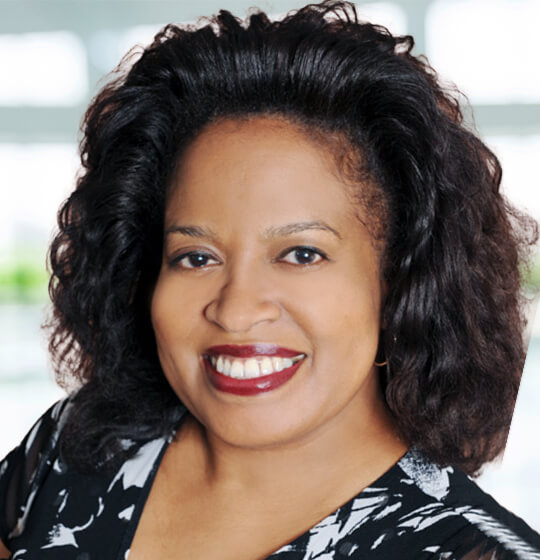When a Regional Director of the National Labor Relations Board (NLRB) found that scholarship football players at Northwestern University were employees entitled to vote on union representation, many media reports treated the case as a victory for the union. But as one Lawrence Peter “Yogi” Berra said, “It ain’t over ‘til it’s over.” The union scored first, but the game has not been decided.
On April 9, 2014, Northwestern requested a review of the decision by the NLRB, arguing that the players are students, rather than employees, and relying on prior NLRB decisions holding that graduate students were not employees. According to Northwestern, the Regional Director’s decision “was flawed because it overlooked or ignored key evidence that Northwestern presented showing that its student-athletes are primarily students, not employees.” Predictably, the union disagreed: “Northwestern’s entire position in this case is a castle built on sand.” Northwestern’s arguments based on previous decisions affecting graduate students may not be well-received by the NLRB, which currently has strong pro-union leanings and often discards its own precedents. The election is set for April 25, 2014. Scholarship football players who have eligibility remaining may vote. The face of the union, former Northwestern quarterback Kain Colter, has exhausted his eligibility and will not be able to vote. Many former players and alumni oppose the union, and appear to have some support among current players. On April 24, 2014, the NLRB granted Northwestern’s Request For Review “as it raises substantial issues warranting review.” The NLRB will set a briefing schedule but did not stay the election set for April 25. Ballots cast on April 25 will be held until the NLRB decision, and will not be counted unless the NLRB decides that the scholarship football players are employees.
Elections do not often end the matter; if the eligible voters reject the union, the union might accuse Northwestern of unfair labor practices—a matter to be decided by the NLRB and perhaps the courts. If the union wins the election, Northwestern could challenge the result by declining to bargain with the union—a “technical refusal to bargain”—to draw an unfair labor practice charge under Section 8(a)(5) of the National Labor Relations Act. The NLRB typically rejects the employer’s arguments in defense of a technical refusal to bargain, but an adverse decision by the NLRB can be reviewed by a federal appellate court that may be more receptive to Northwestern’s arguments based on NLRB precedent. The decision in the Northwestern case directly affects only private universities that grant football scholarships, and factual differences may limit the application of the Northwestern decision. Among such private universities, there is likely to be wide variation in the time commitment required of football players and in the nature and extent of university control.
Public universities are not subject to NLRB jurisdiction, but are subject to state laws. Ohio’s legislature has responded with proposed legislation to nip any treatment of scholarship athletes as employees in the bud. Ohio House Bill 483 provides that athletes are not university employees. The relevant provision, section 3345.56, reads: “a student attending a state university . . . is not an employee of the state university based upon the student’s participation in an athletic program offered by the state university.”
Seasoned labor lawyers immediately reacted to such legislation by invoking the hallowed principle of “preemption” and arguing that federal labor law almost always displaces state law. However, for public universities, such legislation would be effective in defining employment status and the inapplicability of state laws governing unemployment compensation, occupational health and safety, workers’ compensation, derivative state liability based on employees’ acts or omissions, and other matters.





